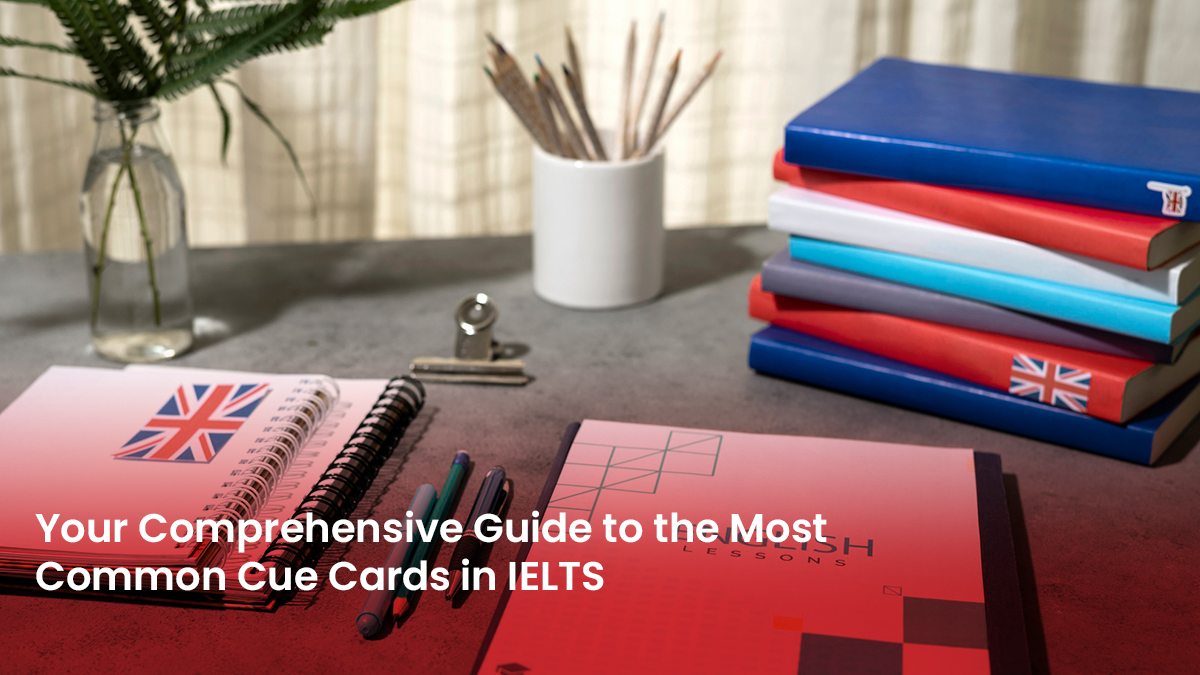Taking the risk of living in an unknown area far from home while pursuing your education is a beautiful and thrilling achievement.
However, obstacles will inevitably arise, and if they are not managed properly, college life can become quite stressful. As a result, international students should address these issues by implementing appropriate solutions.
Key Takeaways:
- International students can address anxiety and stress in various ways
- Stress and anxiety may be a blockage for students to concentrate in their lessons
- MSM Unify outlines some of the research-backed strategies to cope with student anxiety and stress
When you’re stressed or anxious, it can be difficult to concentrate on anything else. It’s all too easy to let your emotions get the best of you, but by following a few basic suggestions and developing new habits, you may temporarily liberate yourself from these bad emotions.
If you’ve ever been stressed, you may feel as if you’re having the same thoughts over and over again, as if they’re impossible to turn off. Such recurring thought patterns won’t help you address any of your problems; in fact, they may exacerbate them.
When you can’t find positive distractions for yourself when you’re stressed or anxious, your emotions might start to interfere with other elements of your life, such as your ability to focus at work, sleep well, or maintain a healthy lifestyle.
We’ll go over several distraction tactics in this list of recommendations to help you be more attentive to your emotions, allowing you to realize what you’re feeling without feeling judged.
Taking a deep breath
Taking a deep breath may sound simple and corny, but it is a really effective way for students to de-stress. If the tension gets the best of you, take a break, clear your mind, and take a deep breath in and out. This helps to calm your nerves and anxiety by lowering your heart rate and regulating your breathing.
Although frightened over-breathing is a natural response to fear and uncertainty, the good news is that we have the ability to control our breathing rate and hence our mental state. We have the ability to alter our breathing patterns.
Deep breathing is one of the most effective methods for reducing stress in the body. This is because deep breathing sends a signal to your brain to relax and calm down. This message is then sent to your body by your brain.
Get a better night’s sleep
You can find yourself awake at night, staring at the ceiling, if you don’t practice mindfulness. If you can’t find a way to relax at the end of the day, you might not be able to get a good night’s sleep.
After a long day of work, a nap is a terrific way to unwind. Taking a break, even if it’s only a 15-minute snooze, allows your eyes to rest and your body to recharge for the duties ahead.
Sleep is an effective stress reliever. A regular sleep schedule relaxes and heals the body, enhances focus, controls mood, and sharpens judgment and decision-making abilities. When you’re well-rested, you’re a better problem solver and can handle stress better.
Develop stronger personal relationships
Distracting yourself from stress and anxiety using mindfulness techniques can also benefit your personal relationships. You might be more willing to accept other people’s shortcomings, be happier in your relationships, and have more empathy for others.
Stronger personal relationships can relieve stress by preventing you from shouldering all of your responsibilities alone. Relationships can help you get through difficult situations. Having someone to assist us in these times of difficulty can make all the difference. When others are unable to help you, your family and friends can be there for you.
Listen to soothing music
When people listen to their favorite music, they feel better. However, new research reveals that listening to music may not be the most effective strategy to ease stress and discomfort. When you’re a student and you’re feeling burdened by all of your regular tasks, music might help you relax.
Start listening to music that isn’t in your preferred genres to find songs that will help you unwind. You’ll uncover increasingly effective tunes that are tailored to your preferences as you listen to more music. Instead of forcing yourself to listen to music you detest, listen objectively and notice how the rhythms and melodies lift your spirits.
Upbeat music can boost your mood and help you feel more hopeful about life. A slower cadence helps calm your thoughts and relax your muscles, making you feel calmer and letting go of the day’s stress. Music can help you relax and manage your stress.
Drop the unrealistic expectations
Students all across the world are subjected to the same pressures and expectations when it comes to their education. They believe they must do admirably in order to please their parents.
It’s the same for overseas students, but at a much higher level. Parents invest a significant amount of money to maintain them, thus expectations for them are higher than usual.
However, just thinking about it isn’t going to help. Setting unrealistic expectations for oneself is not a smart idea and will most likely make things worse. It can cause a lot of stress, and it gets harder to deal with as time goes on.
Rather than establishing a high bar for yourself and pressuring yourself to achieve more than your potential allows, learn to appreciate and understand yourself better. Consider what is genuinely important.
Find a creative outlet
It’s critical to have a creative outlet that helps us relax and reduce tension in a world where things are continuously changing. For some, this entails reading a book or going for a walk. Others may express themselves through painting, drawing, or music.
It’s best to express yourself if you’re experiencing a significant emotion. Some of the world’s finest works of art are the result of the soul rather than genius. Your inner musings become art when you express yourself creatively.
Consider engaging in a creative hobby or pastime to lift your spirits. The purpose of these creative activities isn’t to create a masterpiece, but to shift your mentality.
Go back to your purpose in this journey
Students often forget why they are studying abroad when they are under a lot of stress. They lose motivation and inspiration to move forward as a result of this. Why are you studying in another country? Perhaps you’ve come for higher education or the prospect of a prosperous future after graduation.
For pressured, stressed, or anxious students, giving up is often a thin line to cross. Keep in mind why you’re on that journey to stay motivated.
Indeed, a feeling of purpose appears to have developed in humans so that we may do great things as a group, which could explain why it’s linked to improved physical and mental health.
Many people tend to feel that your unique gifts give you purpose and set you apart from others, but this is only part of the truth. It also stems from our social connections, which is why a sense of purpose crisis is frequently a symptom of isolation. Once you’ve found your way, you’ll almost definitely run into people who are on their way to the same place you are—a community.
As you go back to this journey as a student, whether you’re stressed or anxious, let your dreams be a stinging reminder of why you need to continue.
MSM Unify, overseas education consultant is your one-stop source platform connecting students, higher education institutions, and agents around the world. Sign up now to get the latest updates and information on international education.



























